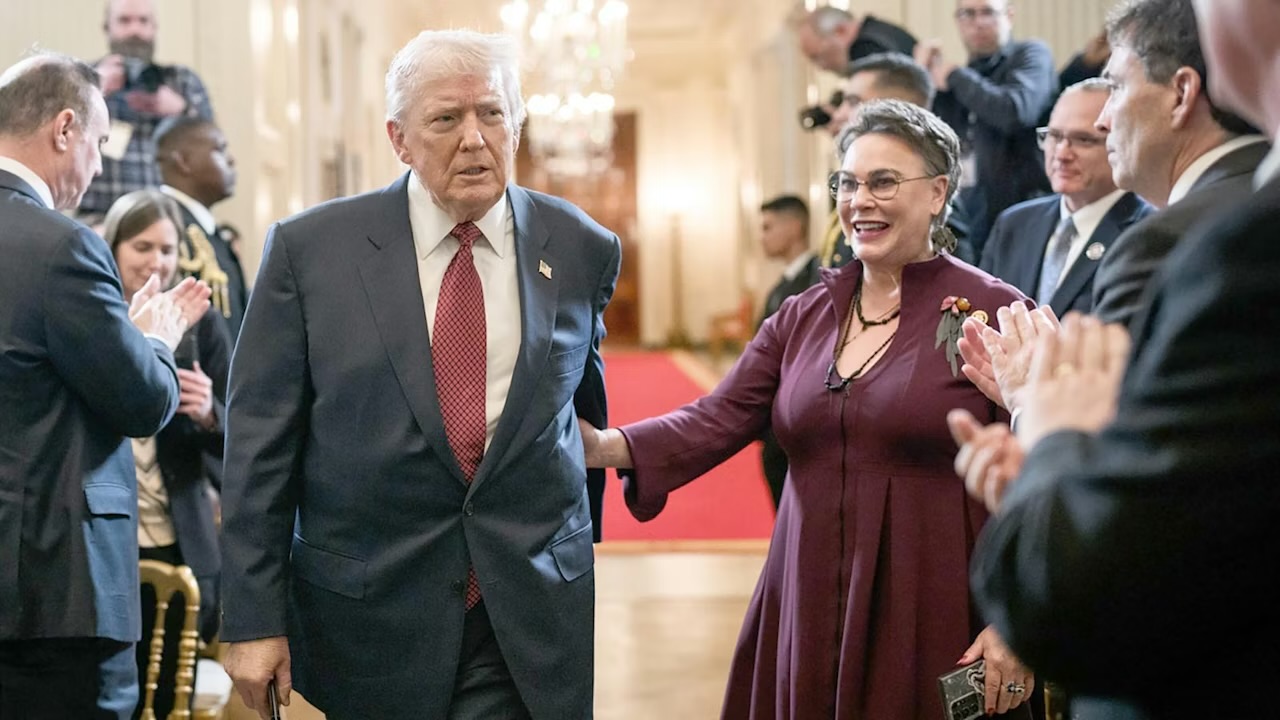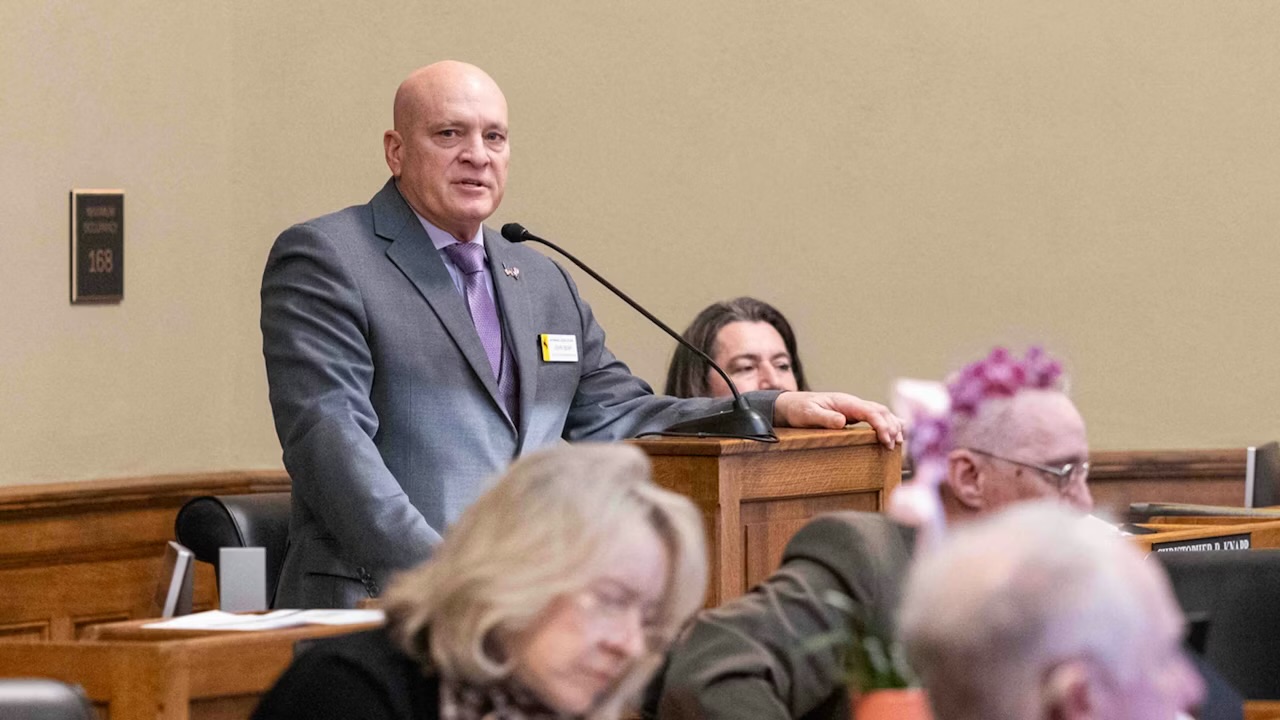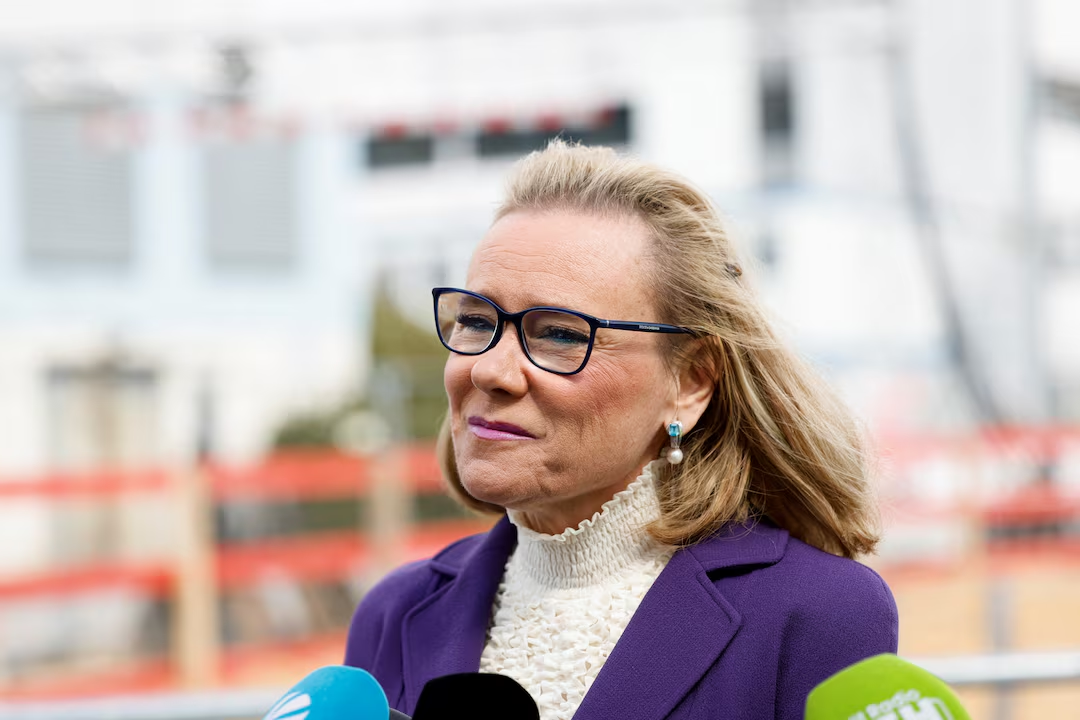As trade tensions escalate and global policies shift, executives face a new mandate: build agility into the core of their organizations or risk being left behind.
For decades, international trade operated as a relatively stable framework underpinning corporate strategy. Leaders could count on dependable agreements, consistent supply chains, and long-term partnerships. But today, that stability has fractured. A rise in tariffs, geopolitical friction, climate-driven policies, and inflationary pressures are reshaping global commerce into a volatile, high-stakes arena.
This transformation began with sweeping tariff actions during the Trump administration, setting off waves of retaliatory measures from global trading partners. Now, trade uncertainty is no longer a temporary disruption—it’s a defining condition of the modern business landscape. According to experts, the next round of US tariffs, potentially targeting pharmaceuticals and semiconductors, could further test the resilience of global supply networks.
“Executives can’t rely on annual strategy reviews anymore,” said Manlio Del Giudice, a management professor at Pegaso Digital University. “They need systems that respond in real time.”
Del Giudice, who also heads the university’s management and economics department, called the current trade environment a “stress test” for leadership. He cited the recent 20% US tariff on Italian wines, introduced just days before Italy’s major Vinitaly 2025 trade fair, as a prime example. Despite the sudden disruption, many firms responded quickly, recalibrating prices, rerouting logistics, and activating backup plans. Their speed and composure, Del Giudice noted, came not from improvisation, but preparation.
Traditional planning models, built around fixed margins and predictable sourcing, are ill-suited to today’s climate. Companies must instead adopt operational systems that evolve continuously. Leaders are decentralizing decision-making, empowering regional teams, and investing in scenario modeling and early-warning tools. This enables them to act swiftly—sometimes without perfect information.
“Agility doesn’t mean chaos,” said Del Giudice. “It means building processes that keep you aligned when the pressure hits.”
Industry analysts warn that new tariffs may trigger ripple effects similar to those seen during the pandemic—supply shortages, production delays, and price volatility. The difference now is that there’s no pandemic forcing the issue. Instead, policy decisions themselves are driving instability.
Chicago Federal Reserve President Austan Goolsbee recently noted that manufacturers fear a return to 2020-style disruption.
“There’s a fundamental fear we might be on the edge of going back to those conditions—where inflation is raging, and costs are on everyone’s mind,” he said.
To weather the next trade shock, experts advise firms to focus on three key areas: operational flexibility, market diversity, and embedded intelligence.
Operational flexibility means diversifying suppliers and transportation options, maintaining flexible contracts, and using real-time planning tools.
Market diversity involves minimizing overdependence on any single region, product, or regulation by expanding access through digital channels, regional partnerships, and joint ventures.
Embedded intelligence requires integrating trade policy awareness into core business functions—pricing, procurement, and inventory—not just legal or compliance departments. Some firms have even appointed “chief geopolitical officers” to coordinate rapid response efforts.
In volatile times, trusted partnerships can be a company’s most valuable infrastructure. Firms that responded swiftly to the Italian wine tariffs often succeeded not because of size, but because of established relationships. Importers prioritized shipments, suppliers made quick accommodations, and negotiators found temporary workarounds—all based on trust, not transactions.
“You can’t automate a phone call that gets a container prioritized,” Del Giudice emphasized. “Time becomes the currency, and trust is what buys it.”
Still, not every disruption demands immediate action. In today’s high-pressure environment, the urge to “do something” can backfire. Experts say the best leaders are those who know when to pause—gathering data, aligning internal messaging, and waiting for the right moment.
“Stillness doesn’t mean indecision,” Del Giudice said. “It means being intentional.”










The latest news in your social feeds
Subscribe to our social media platforms to stay tuned